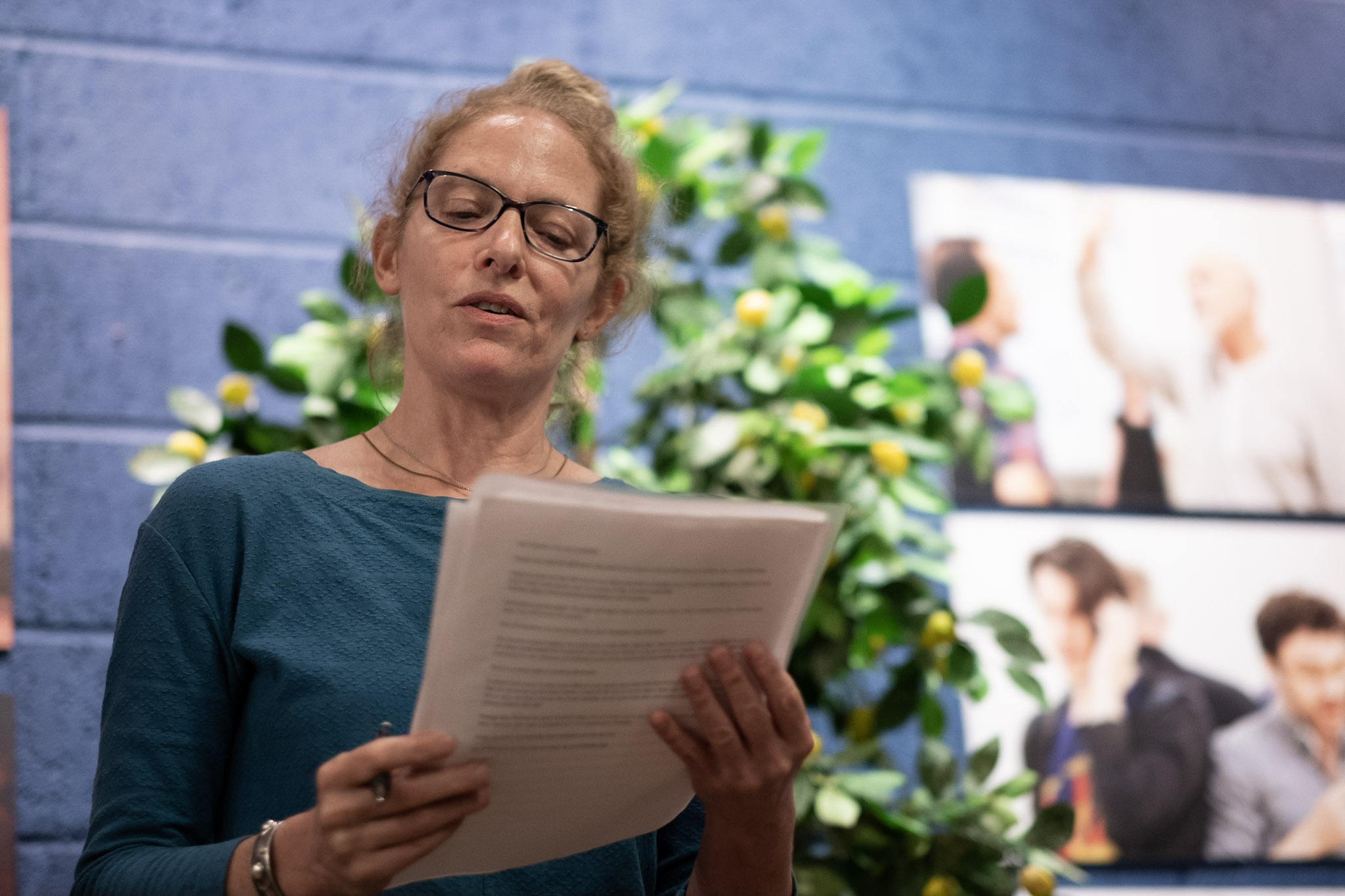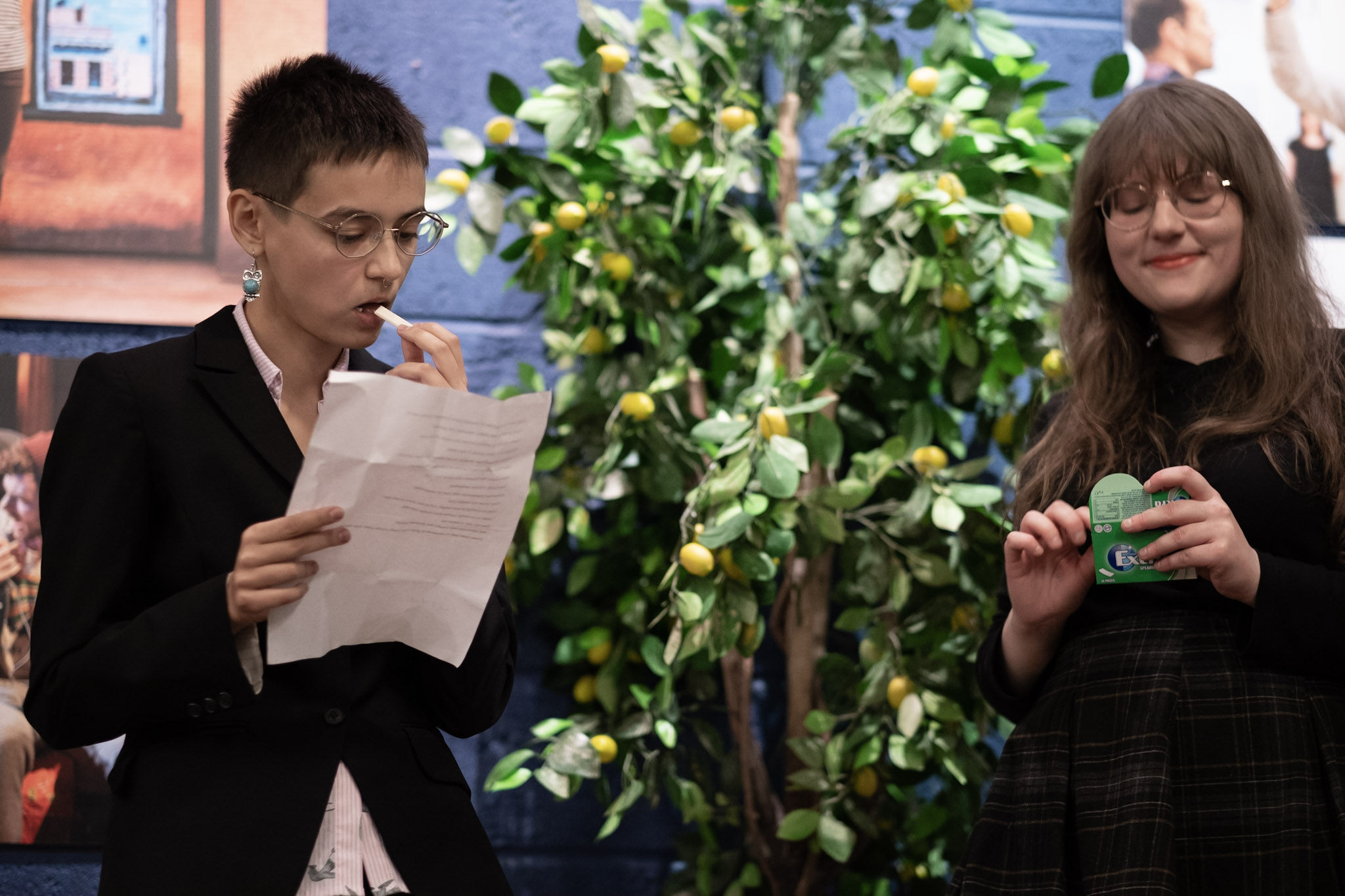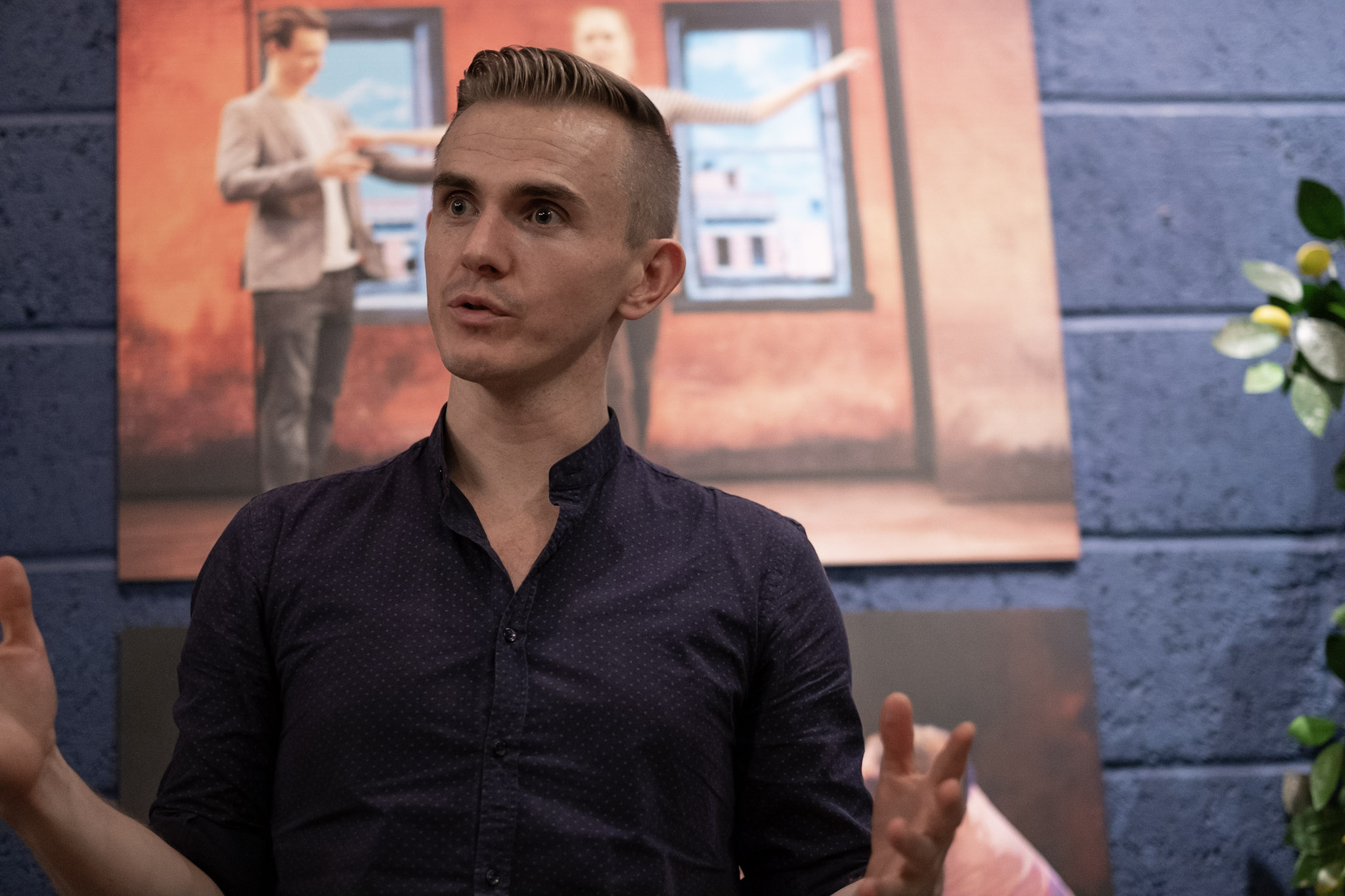A literary event on the theme of Becoming with Damian Le Bas & Tina chanter
October Thursday 4th 2019 : 7pm - Free Entry at The Rose Theatre
The theme for this event was Becoming. Each of the three speakers will respond as they see fit - with a new piece of literature or an informal talk, an academic lecture or a performance. They might shape a previous work to the theme or create brand new fiction, non-fiction, theatre or poetry. Their choice of medium is as creatively free as their choice of message. Each presentation will last around ten minutes.


This event will be opened with short new collaborative texts made especially for the night, from students and alumni of Kingston University and writers local to the Centre, including Olga Kolesnikova & Yvonne Litschel, Alan Boyce & Marcia Knight Latter, Susie Campbell & Lucy Furlong.




The event also saw the launch of Astra Papachristodoulou's Clockwork, a quietly simmering circuit around the city of Guildford, a journey in time, thoughts, and train stations, told in the beautifully simple, cropped language of a busy cosmopolitan age. Blending the traditional with the modern and the ethereal with the concrete, it is a powerfully moving and complex work.


On the Kingston University speakers : On the guest speaker : Damian Le Bas is a writer from the south coast of England. His first book - The Stopping Places: a Journey Through Gypsy Britain - won a Royal Society of Literature Jerwood Award and was BBC Radio 4 Book of the Week.
Tina Chanter is Professor of Philosophy and Gender at Kingston University, London. Her books include Rancière, art and politics: broken perceptions (Bloomsbury Press, 2018), Whose Antigone? The Tragic Marginalization of Slavery (SUNY Press, 2011), The Picture of Abjection: Film Fetish and the Nature of Difference (Indiana UP, 2008), Time, Death and the Feminine: Levinas with Heidegger (Stanford UP, 2001), and Ethics of Eros: Irigaray’s Re-writing of the Philosophers (Routledge, 1995).